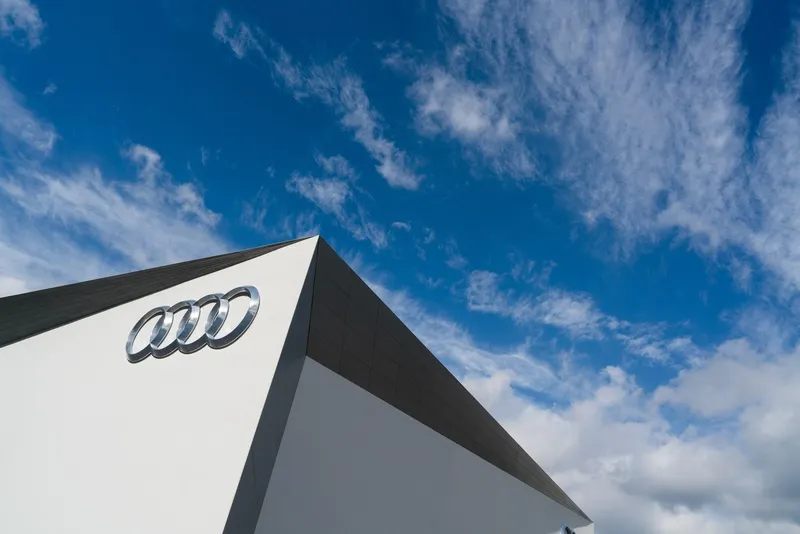
The partners will seek to develop a digital transport infrastructure that will improve road safety and traffic flows and provide real-time digital services.
Audi says 5G can be applied to connected traffic signals at road junctions that exchange anonymised movement data with cars and other road users via the network. This allows drivers to react more quickly to unforeseen movements, the company adds.
Mayor of Ingolstadt Christian Lösel says the city will cooperate with companies and scientists in the development of applications.
“Because if new technologies promise an advantage, we should also use them for the benefit of people,” he continues. “We see cooperation on the ‘Ingolstadt Test Field’ as a contribution towards securing qualified jobs in our city and as a demonstration of our efforts as a location for digital mobility.”









